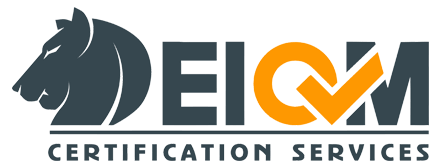Table of contents
What is QC?
Why is Quality Control Important?
Implementing effective QC measures offers numerous benefits:
-
Customer Satisfaction: Consistently delivering quality products fosters trust and loyalty among customers
-
Cost Efficiency: Early detection of defects reduces waste, minimizes rework, and lowers production costs.
-
Compliance: Adhering to industry standards and regulations mitigates legal risks and enhances market credibility.
-
Continuous Improvement: QC provides insights into process efficiencies, facilitating ongoing enhancements.
Key Components of Quality Control
-
Inspection: Regular examination of products or services to detect defects or non-conformities.
-
Testing: Assessing products under various conditions to ensure they meet specified requirements.
-
Statistical Process Control (SPC): Utilizing statistical methods to monitor and control production processes.
-
Documentation: Maintaining detailed records of QC activities for accountability and traceability.
-
Corrective Actions: Implementing solutions to address identified issues and prevent recurrence.
Quality Control vs. Quality Assurance
While QC focuses on identifying defects in finished products, Quality Assurance (QA) is proactive, aiming to prevent defects during the development process. QA encompasses the entire production lifecycle, ensuring that processes are designed to produce quality outcomes.
Quality Control Across Industries
-
Manufacturing: QC ensures products meet specifications, reducing returns and enhancing brand reputation
-
Healthcare: Maintains the safety and efficacy of medical devices and pharmaceuticals.
-
Food Industry: Ensures products are safe for consumption and meet regulatory standards.
-
Software Development: Involves testing applications to identify bugs and improve user experience.
Implementing Effective Quality Control
To establish a robust QC system:
-
Define Quality Standards: Clearly outline the criteria products or services must meet.
-
Train Employees: Ensure staff are knowledgeable about QC procedures and their importance.
-
Utilize Technology: Incorporate tools and software to monitor processes and collect data.
-
Regular Audits: Conduct periodic reviews to assess the effectiveness of QC measures.
Conclusion
Quality Control is an integral aspect of any organization’s operations, directly influencing customer satisfaction, operational efficiency, and overall success. By understanding and implementing effective QC practices, businesses can ensure consistent quality, foster trust, and maintain a competitive edge in their respective industries.
